Alaska Dirty Secret Campaign Update
Ocean Wise pulls sustainability recommendation for southeast Alaska salmon
By David Mills, Watershed Watch Salmon Society
Vancouver-based eco-label Ocean Wise has removed salmon harvested in southeast Alaska from its list of recommended sustainable seafood products.
Until further notice, salmon from the purse seine, drift gill net, and troll fisheries in that area sold in grocery stores or served in restaurants can no longer carry the Ocean Wise label.

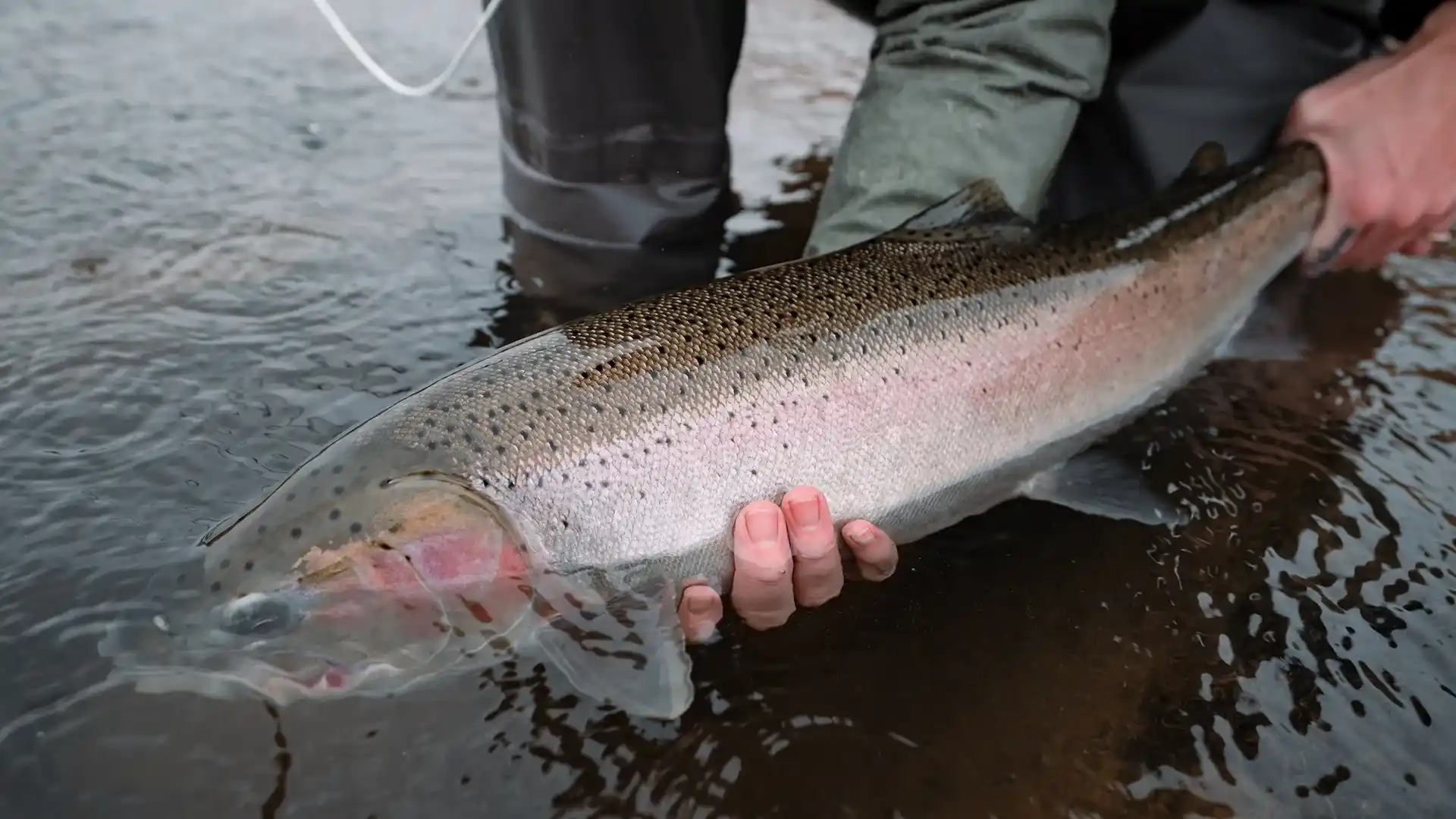
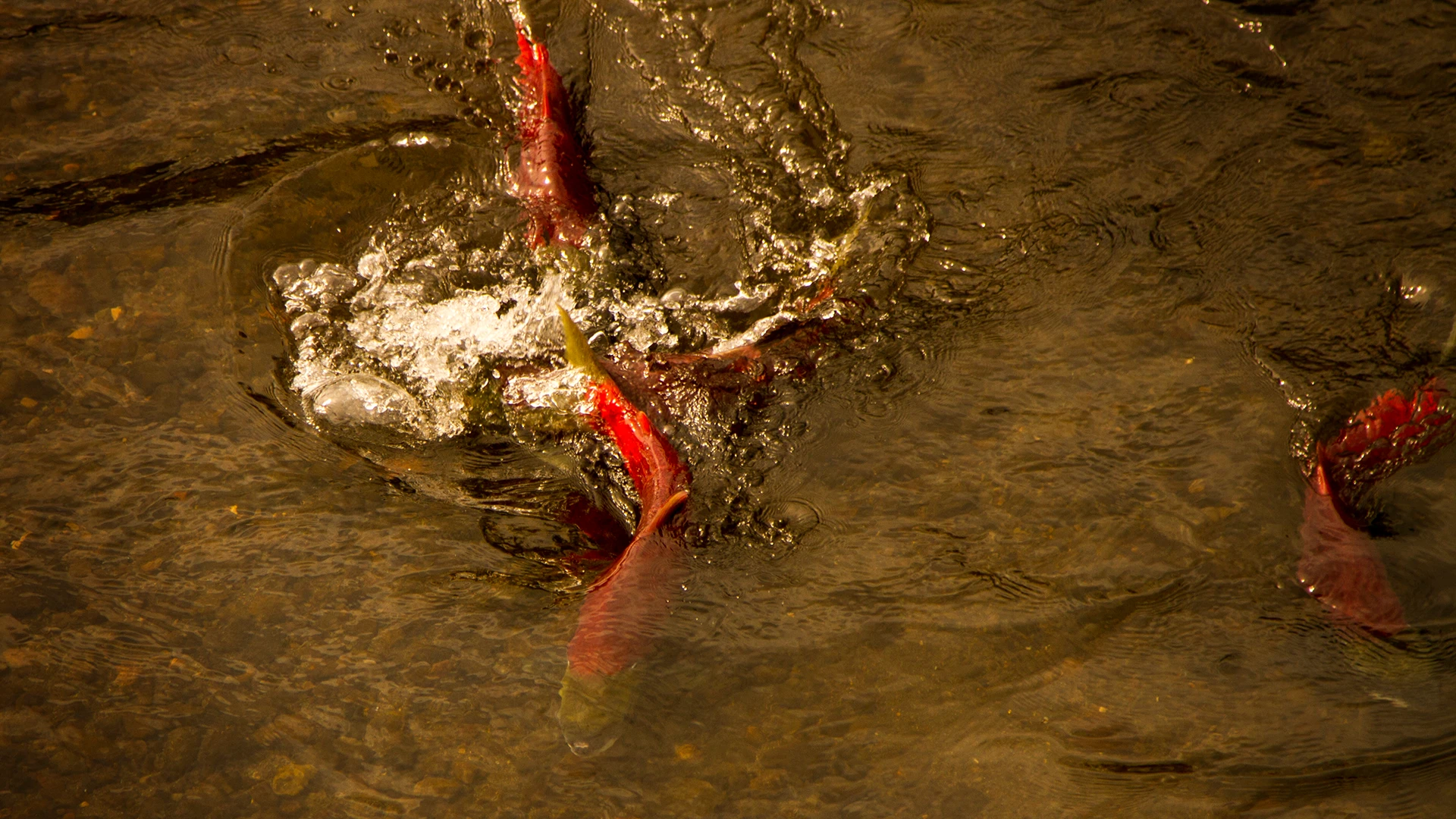
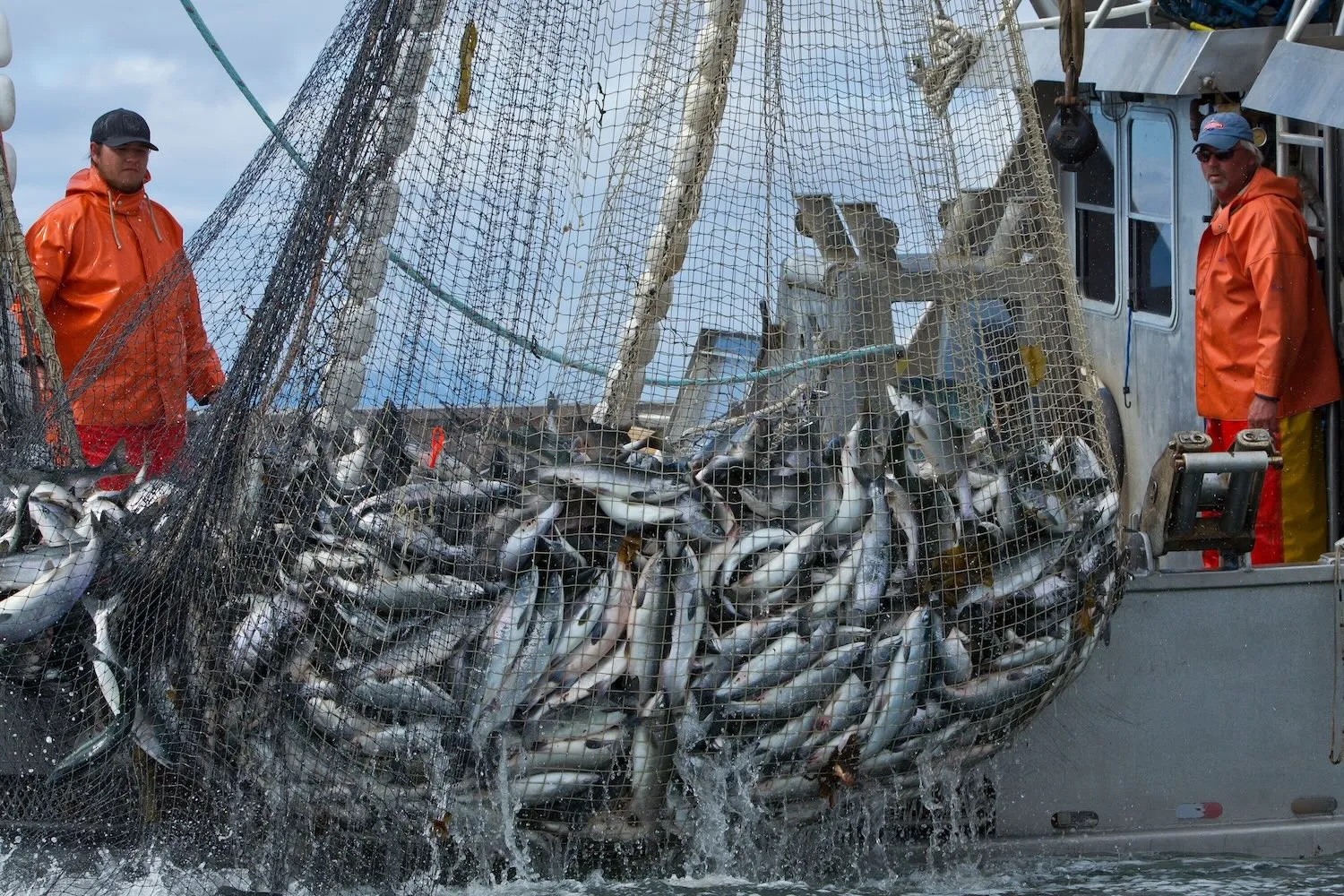
A Win for Salmon
Ocean Wise is leading the way for eco-labels.
The decision by Ocean Wise to decertify these fisheries is a response to objections raised by Watershed Watch Salmon Society, SkeenaWild Conservation Trust and Raincoast Conservation Foundation to the impact the region’s interception fisheries have on salmon that originate in and are returning to B.C., Washington, and Oregon.
The Ocean Wise Seafood Program helps Canadians make sustainable seafood purchases. What began in 2005 as a partnership with a Vancouver restaurant now includes approximately 750 retailers, restaurants, and seafood suppliers. If you have purchased sustainable seafood at Thrifty’s, Safeway, or Save-on-Foods, there’s a good chance Ocean Wise recommended it.
But these fisheries take a massive toll on salmon that originate in B.C., Washington and Oregon as they pass through southeast Alaskan waters during their return migration to spawn. For example, in 2021, B.C. curtailed its commercial fishery in an effort to conserve struggling species but fisheries in southeast Alaska harvested over 650,000 Canadian sockeye. In 2022, over 200,000 chinook were harvested, almost all of them bound for B.C., Washington and Oregon. In 2023, an estimated three million B.C. salmon were harvested in southeast Alaska but the true impact is likely much higher. That’s because the Alaskan government refuses to count the numbers of fish from non-target species like chinook and steelhead that are discarded in these fisheries. Nor do they collect genetic information from their chum and pink salmon catches, which could tell us which rivers or regions these fish are from.
Salmon harvested in southeast Alaska is no longer listed as sustainable.
This decision makes Ocean Wise the first eco-label to take into account the toll these fisheries are taking on struggling Pacific salmon stocks but it isn’t the only one re-examining Alaska salmon certifications.
In April 2024, the Marine Stewardship Council (MSC) appointed an independent adjudicator to review our formal objection, as well as another from a UK-based conservation group. We filed a formal complaint pointing out that the MSC certification significantly underestimates these salmon fisheries’ impacts on endangered, threatened, and protected species in B.C., Washington, and Oregon. It was this objection prepared by SkeenaWild, Raincoast and Watershed Watch that prompted Ocean Wise to re-examine its own criteria for listing southeast Alaska salmon.
MSC is a valuable certification and the most contentious. To recover certification costs, MSC receives a royalty for every piece of seafood sold with its label. Alaska salmon – because of the immense volume of sales – is a lucrative client. Many critics have called this arrangement into question, including us.
In May 2023, a U.S. District Court in Seattle ruled that Southeast Alaska’s chinook troll fishery did not comply with U.S. federal endangered species law, and recommended the fishery be closed. It remains open awaiting appeal. In the meantime, it continues to undermine the food supply for endangered southern Resident killer whales and kills significant numbers of chinook listed under the U.S. Endangered Species Act, as well as endangered populations from B.C. rivers.
In recommending certification of the Alaska fishery be renewed this year, MRAG Americas downplayed key findings from the court and failed to consult marine mammal experts.
The decision will stand; the science is overwhelming.
Ocean Wise does not receive a financial benefit for recommending a fishery. Its new Rapid Assessment Standard responds to yearly variations in abundance, and regulatory or certification adjustments. Using this sensible approach, they recently added 14 B.C. salmon fisheries to their “recommended” list. Their standard process for evaluating MSC-certified fisheries allows for the recommendation to be revoked for several potential reasons, including a formal stakeholder objection, or an active lawsuit related to fishing activity. But Ocean Wise has stated that the case against the southeast Alaskan salmon fisheries is so compelling that their decision will stand regardless of what happens in the MSC adjudication process or in a U.S. court.
“The science was overwhelming that it was not now achieving the level of sustainability that we perhaps initially thought it was,” Mike McDermid, Ocean Wise’s director of fisheries and seafood, told Glacier Media.
McDermid said the merits of the science are so compelling that the Ocean Wise decision will stand regardless of what happens in our MSC adjudication process or in a U.S. court.
We are hopeful this groundbreaking decision by Ocean Wise to ensure it is not greenwashing unsustainable fisheries will be the first in a series of wake-up calls that result in new regulations, responsible management, and the relocation of Southeast Alaska’s interception fisheries. By simply moving the Southeast fleets to inside channels, Alaska can significantly reduce their take of B.C.-bound salmon while still catching Alaskan salmon.
Addressing Alaska’s devastating interception fisheries is a vital step in the conservation of wild Pacific salmon, along with recording and reporting bycatch and independent catch verification, which would align the fishery with international best practices.
We can confidently say “you can trust Ocean Wise.”
“Ocean Wise deserves huge thanks for being the first major seafood eco-label to acknowledge that when it comes to Alaska’s interception fisheries for B.C. salmon, the emperor has no clothes. We hope this helps spur the Alaskan government and seafood industry to ditch their unsustainable practices and help us rebuild our depleted salmon runs here in B.C.”
“I commend Ocean Wise for directing consumers towards salmon that come from sustainable fisheries, and away from salmon that come from unsustainable ones, such as southeast Alaska.”
“We applaud this decision by Ocean Wise to recognize the impact these fisheries have on migrating Chinook salmon and Southern Resident killer whales. The SEAK troll removes the primary prey of these endangered killer whales (older, large chinook salmon), perpetuating their decline and lowering their chances for recovery.”
Misty MacDuffee, Wild Salmon Program Director, Raincoast Conservation Foundation
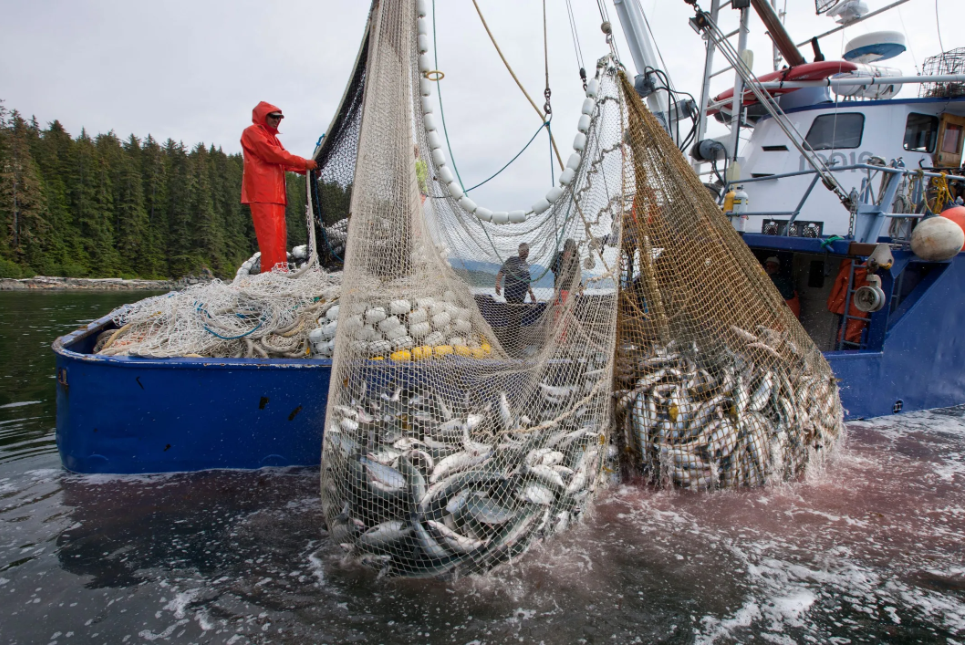
Dive in Deeper
Background
Summary of key facts
Alaska’s Dirty Secret
Community Campaign
In The News
Vancouver Is Awesome: Ocean Wise pulls eco-labels from southeast Alaskan salmon
The Globe and Mail: Some Alaskan salmon fisheries lose Ocean Wise label amid concern for B.C.-bound stock
CBC: Ocean Wise pulls label from some Alaskan salmon fisheries
Toronto Star: Some Alaskan salmon fisheries lose Ocean Wise label amid concern for B.C.-bound stock
Clearer Seas: Some Alaskan salmon fisheries lose Ocean Wise label amid concern for B.C.-bound stock
Espanol News: Etiqueta Ocean Wise retirada de algunas pesquerías de salmón de Alaska
Greg Knox, Executive Director, SkeenaWild Conservation Trust
1-250-615-1990
Aaron Hill, Executive Director, Watershed Watch Salmon Society
1-250-818-0054
David Mills, Fisheries Advisor, Watershed Watch Salmon Society
250-650-3444
Misty MacDuffee, Raincoast Conservation Foundation
1-250-818-2136
Other News
-
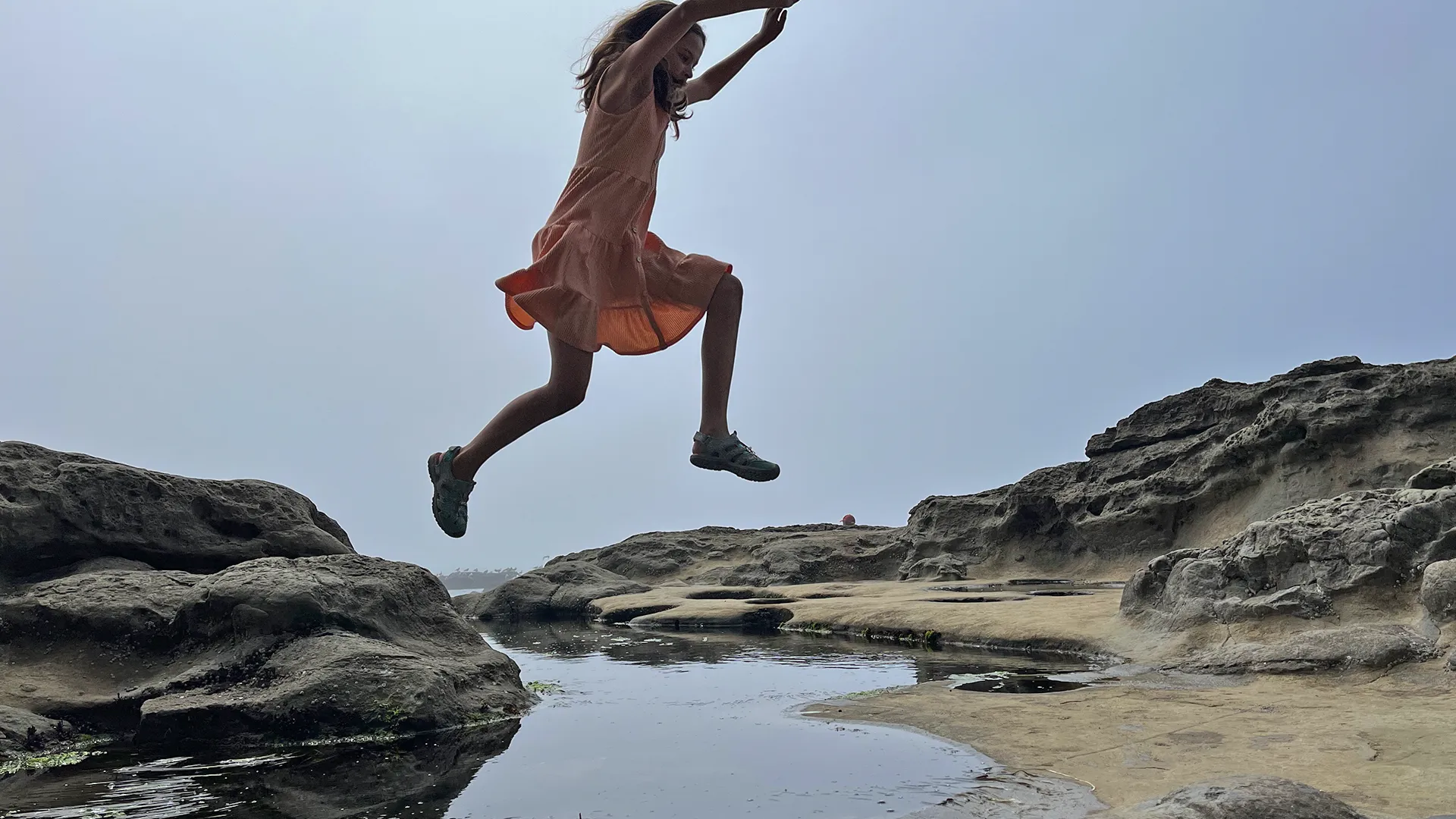
The SkeenaWild Film & Photo Festival is back for 2025!
The 2025 SkeenaWild Film & Photo Festival is back for its 14th year! Submit your short film or photo showcasing the people, wildlife, and wild…
-
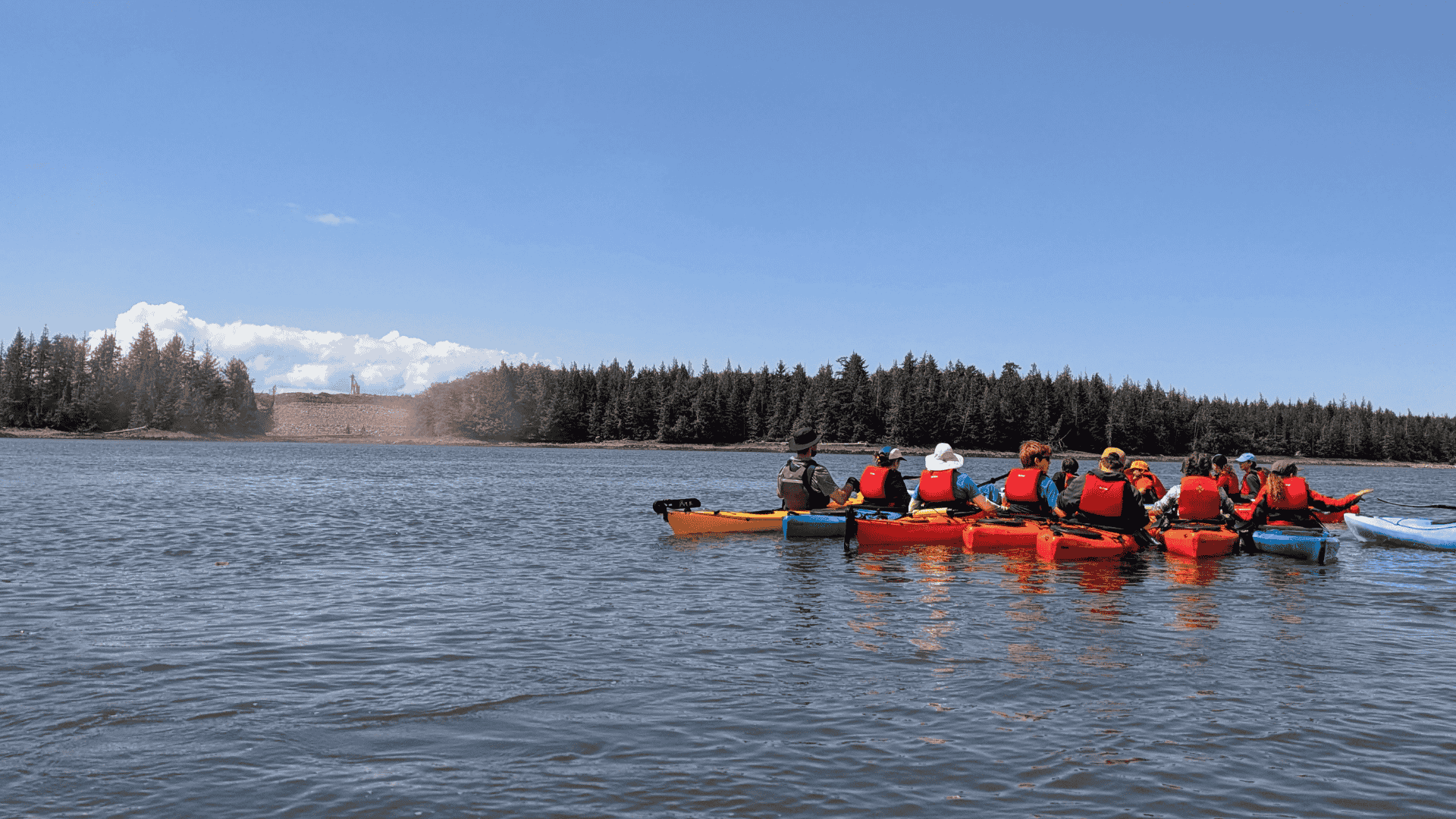
June Highlights: Outdoor Education with SkeenaWild
June Highlights: Outdoor Education with SkeenaWild June Events Kick Off a Summer of Salmon Stewardship Stream science, kayaking, and fry releases connect youth to salmon…
-
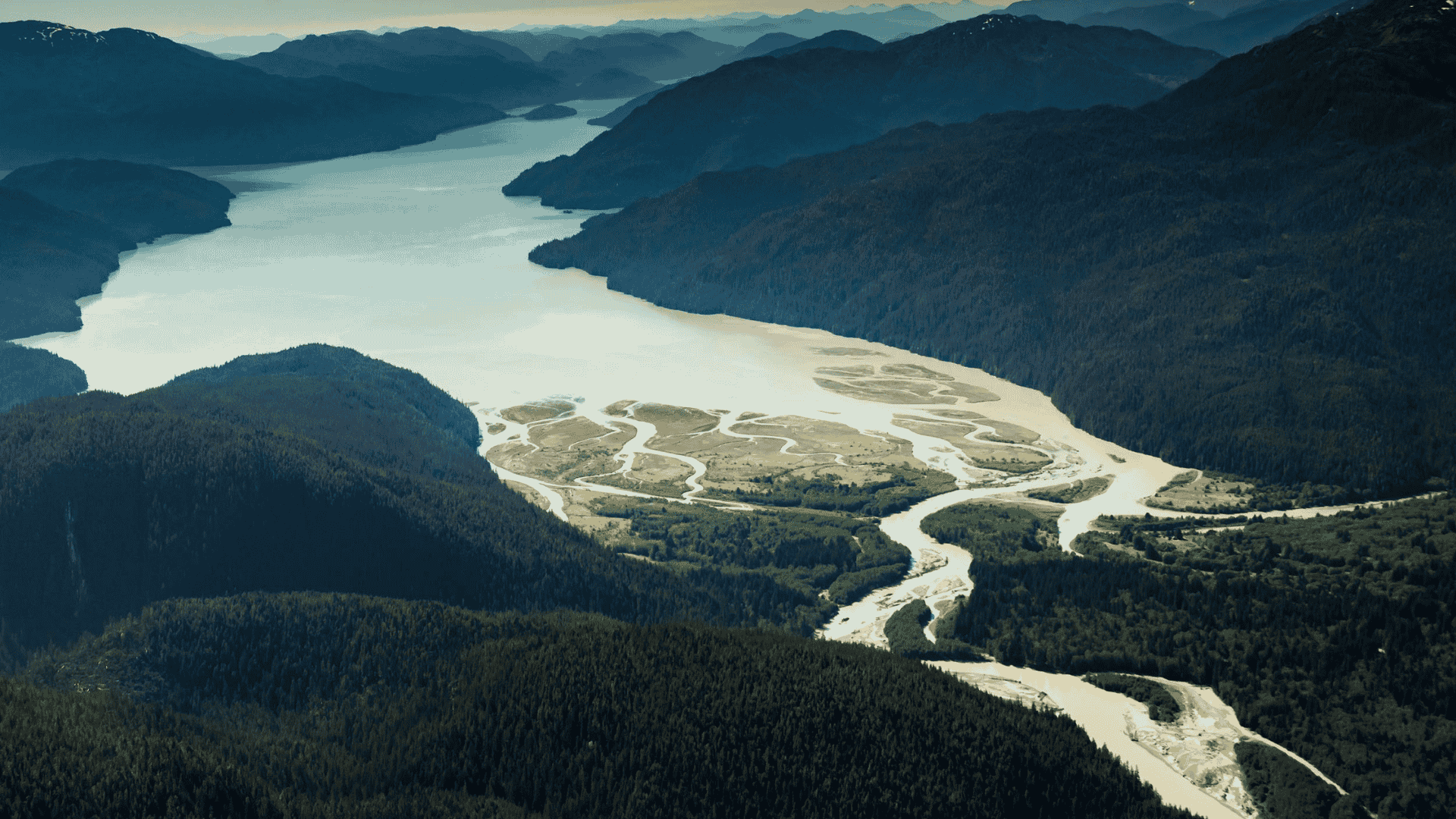
The Dirty Dozen: Why BC’s Mining System Must Evolve to Protect Salmon and Communities
As the Province pushes to expedite new mining approvals through Bill 15 and strategies focused on fast-tracking mining in the northwest, critical safeguards for wild…
-
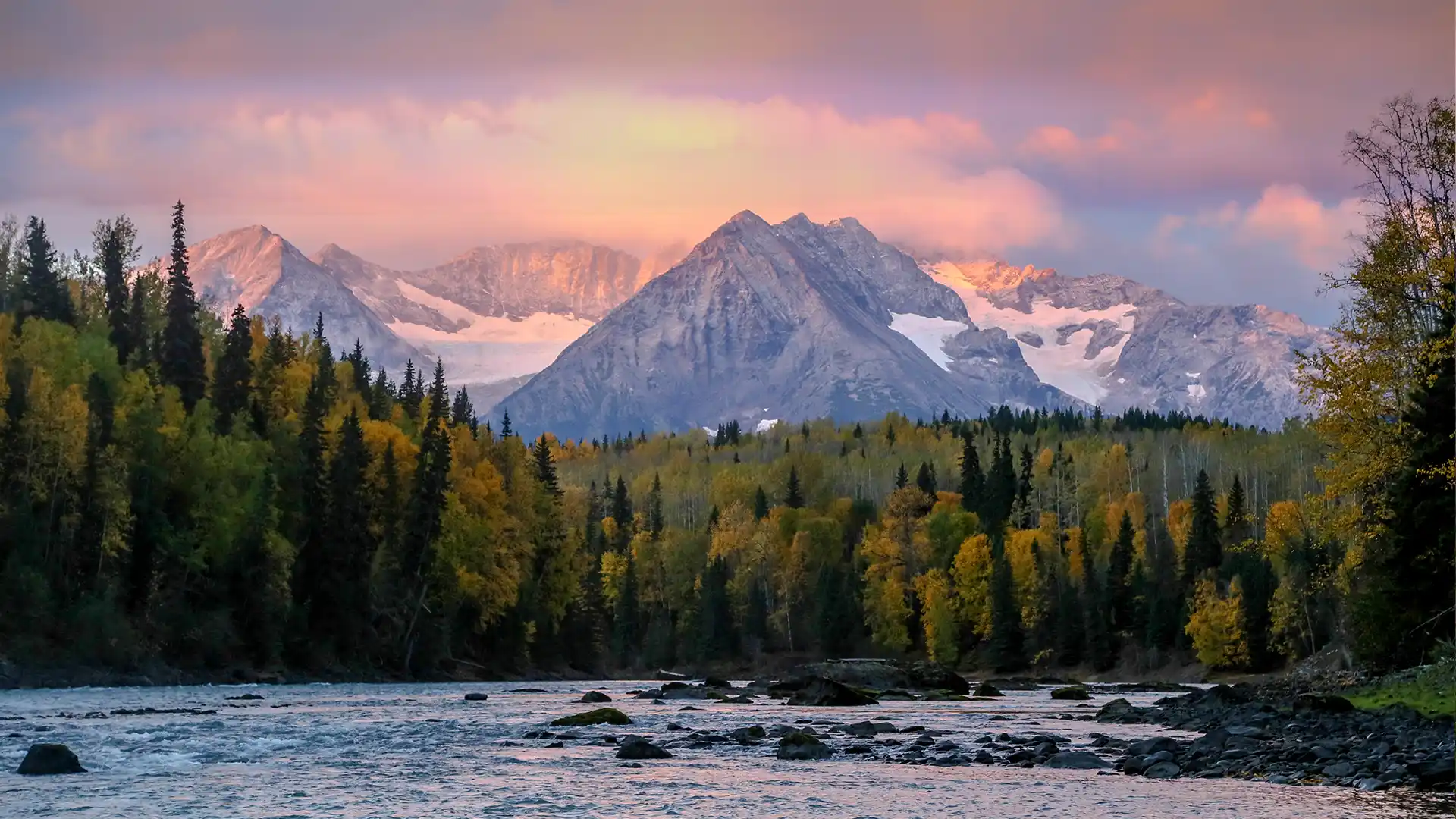
Summer Series: Skeena & North Coast Fisheries Updates 2025
Our fisheries biologist, Kait Yehle gives us a pre-season Skeena and North Coast fisheries forecast and an environmental conditions report of what we might expect…
-

The SkeenaWild Film & Photo Festival is back for 2025!
The 2025 SkeenaWild Film & Photo Festival is back for its 14th year! Submit your short film or photo showcasing the people, wildlife, and wild…
-

June Highlights: Outdoor Education with SkeenaWild
June Highlights: Outdoor Education with SkeenaWild June Events Kick Off a Summer of Salmon Stewardship Stream science, kayaking, and fry releases connect youth to salmon…
-

The Dirty Dozen: Why BC’s Mining System Must Evolve to Protect Salmon and Communities
As the Province pushes to expedite new mining approvals through Bill 15 and strategies focused on fast-tracking mining in the northwest, critical safeguards for wild…
-

Summer Series: Skeena & North Coast Fisheries Updates 2025
Our fisheries biologist, Kait Yehle gives us a pre-season Skeena and North Coast fisheries forecast and an environmental conditions report of what we might expect…